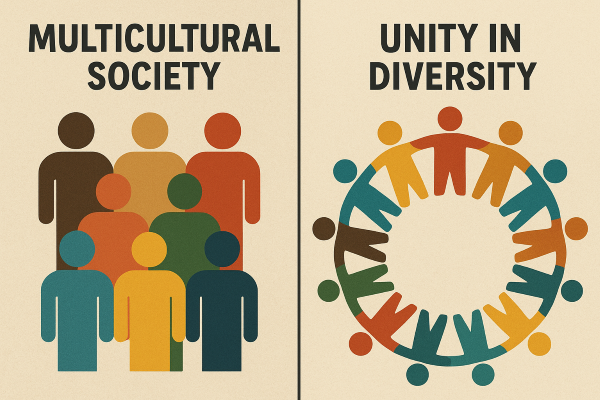Lymph Nodes: Guardians of the Immune System – By Dr Harold Gunatillake

Website : www.Doctorharold.com
Transcript: An essential function of the lymphatic system is the absorption of fats and fat-soluble vitamins from the digestive system and the subsequent transport of these substances to the venous circulation.
What are the primary functions of the lymphatic system? The lymphatic system is part of the immune system. It keeps body fluid levels in balance and defends the body against infections.
Hello viewers, Today, we are discussing the lymphatic system and its bodily functions. This is a critical topic you may not know; this talk will enlighten you. The lymph system protects you from infection and keeps a healthy balance of fluids throughout your body.
The lymphatic system organs include the bone marrow, thymus, and lymph nodes. Swollen lymph nodes are a sign of common infections like strep throat and more severe diseases like cancer. These nodes are bean-shaped glands that monitor and cleanse lymph as it filters through them. They clear out damaged cells and cancer cells. Your lymph nodes also store lymphocytes and other immune system cells that attack and destroy harmful substances like bacteria. You have about 600
lymph nodes scattered throughout your body.
Some are closely connected in groups called chains. You may be able to feel some lymph nodes through your skin in areas like your armpits, groin or neck. Others are deeper inside your body. Their mission is to filter and defend. Lymph nodes are picky drinkers. They filter lymph—the clear fluid that flows through your lymphatic vessels. Lymph carries all goodies:
proteins, minerals, fats, nutrients, and white blood cells. Picture a bustling marketplace.Lymph nodes are the stalls where
the goods get inspected. “Hmm, foreign invaders? Damaged cells? Let’s sort this out!” Immune Response: Lymph nodes are like command centres. When trouble brews—a bacterial invasion or a cancer cell sneakily trying to set up camp—immune cells (lymphocytes) gather in the nodes. These immune warriors analyse the threat, sound the alarm, and launch a counterattack. It’s like a superhero team-up against the bad guys.
Lymph nodes are Storage Units for Immune Cells Lymph nodes aren’t just filters; they’re also storage lockers. Imagine shelves lined with immune cells, ready for action. Lymphocytes: These are the rock stars of immunity. T and B cells—both lymphocytes— hang out in lymph nodes. They’re like the body’s special ops.
T cells patrol tissues, sniffing out trouble. B cells produce antibodies, those clever proteins that tag invaders for destruction.
Other Immune Cells: Neutrophils, macrophages, and dendritic cells cosy up in lymph nodes. Think of them as the backup dancers, supporting the headliners (lymphocytes). Location, Location, Location Lymph nodes are globe-trotters. They pop up wherever major blood vessels converge: Neck (under your jaw, near your throat). Armpits (axillary nodes—fancy term, right?). Chest (mediastinal nodes). Abdomen (mesenteric nodes). Groin (inguinal nodes). Even behind your ears (retro auricular nodes). When Lymph Nodes Swell: A Signal Have you ever felt a tender lump under your jaw during a cold? Yep, that’s a lymph node saying, “Hey, we’re on it!”
Swollen nodes mean your immune system is in battle mode. They enlarge when fighting infections, inflammation, or
even cancer.
So, next time you feel a little bump, give your lymph nodes a nod—they’re working overtime. Remember, these unassuming bean-shaped glands are essential for our wellbeing. They quietly keep watch, ensuring our immune system stays sharp. So,
raise a virtual toast to your lymph nodes—they’re the real MVPs!
And hey, if you ever spot a lymph node doing a little jig, consider it a victory dance against illness!
I hope you enjoyed this story of the lymph glands and what they do in your body,
So, until we meet again, goodbye for now,
“The role played by the lymphatic system in your body is crucial and deserves our attention.”






















